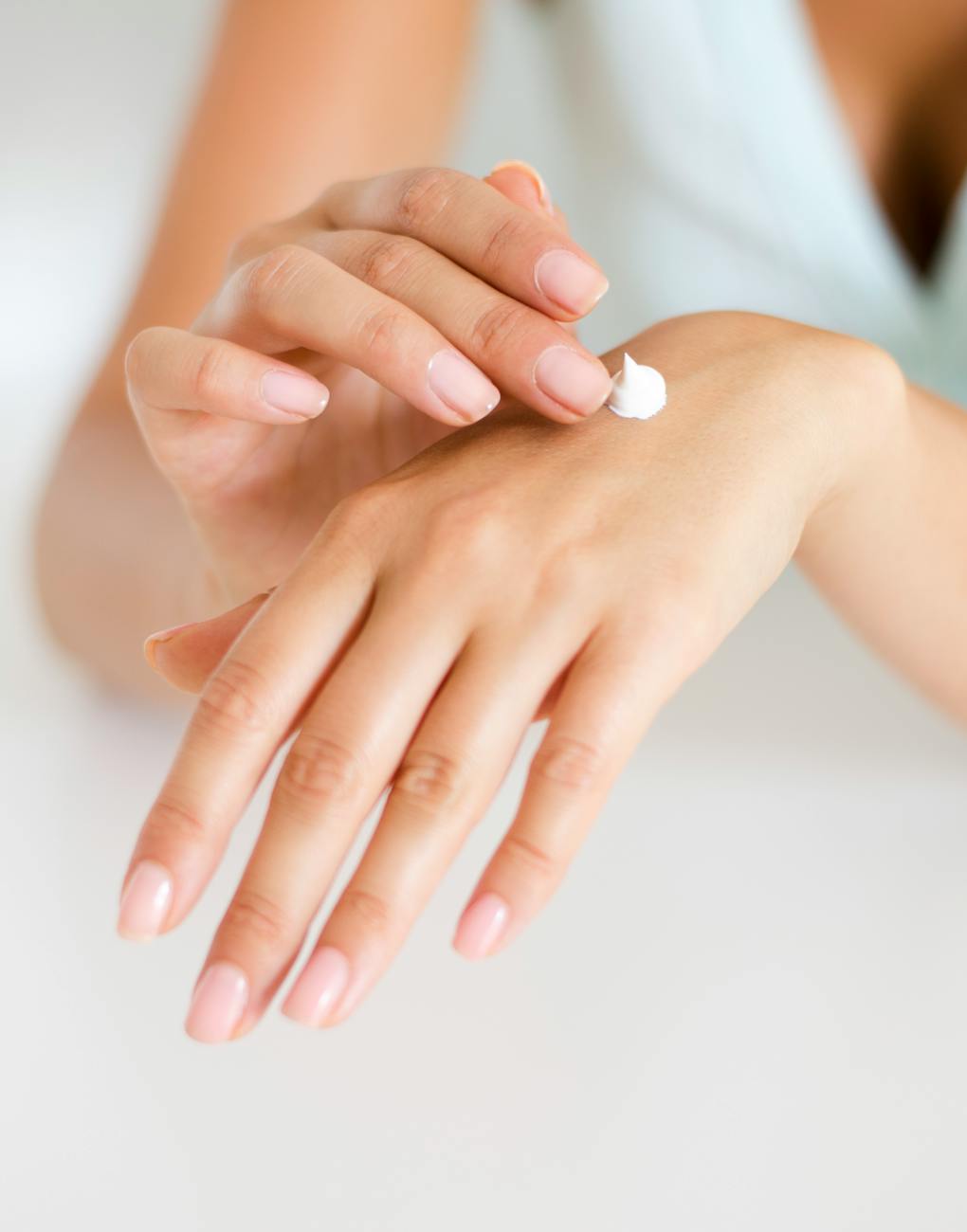
How does your skin look and feel right now? A recent survey found that over 60% of young adults felt worse about their skin due to social media, and another survey found that over 70% of people have sensitive skin, which leads them to feel bad about tiger skin and how it looks and feels on a daily basis.
Your skin, being the body’s largest organ, is susceptible to a range of health issues. These issues can significantly impact your confidence and self-perception. The effects can range from minor discomfort to more serious concerns, whether it’s dry skin, eczema, acne, or other conditions.
However, there are proactive steps you can take to boost the health of your skin, empowering you to take control of your skin’s condition and tackle any concerns you might be dealing with. This sense of control can boost your confidence and self-perception, knowing that you are actively working towards healthier skin.
Drink Plenty of Water
According to skin experts, the simple act of drinking water can significantly boost circulation to the skin. While 8 cups a day is the recommended amount for overall health, even 2 cups can make a noticeable difference in your skin’s appearance and health. After all, your skin is up to 64% water, just like your body is up to 60% water.
Drinking adequate amounts of water each and every day can help remove dry skin and leave it looking fresh and healthy.
Wear Sunscreen
It’s no secret that the sun can be harmful to your skin. UVA and UVB rays can lead to dark skin patches, sun spots, increased wrinkles, and even skin cancer. By wearing sunscreen daily, even in the winter, you can protect your skin, especially your facial skin, from these damaging effects. You need an SPF of at least 15, and it should be applied 15 minutes before sun exposure and then every two hours at least, more if you’re swimming.
Always check the quality of the sunscreen you use to ensure it offers you adequate protection or consider using a daily moisturizer that contains an added SPF so you don’t need to apply additional products.
Stop Smoking
Basically, smoking narrows the blood cells in your face, which in turn makes the skin look older and can cause more wrinkles. This is before you think about the damage the carcinogens can do both internally and externally, such as depleting your body of oxygen. On top of this, smoking can cause cancer too. Typically, smoking is associated with lung cancer, but it can also increase your risk of developing squamous skin cancer.
Check Your Skincare Products
The skin care products you use or don’t use can impact the health of your skin. Identifying your skin type can help you to determine the correct typo for products you would design for your skin. You use ingredients that will benefit you and improve skin health. You might have dry, sensitive skin, so you need separate products that are hypoallergenic and provide moisture without irritation. Or you could have oily skin, meaning your products need to eliminate excess oil and help you avoid clogged pores.
Regular Exfoliation
Regular exfoliation can help you remove dead skin build-up and impurities from your skin, which can help you revive dull or tired-looking skin on your face and entire body.
Using gentle exfoliation on your skin can help you to shed old layers of skin, leaving you with naturally radiant and fresh skin and a rejuvenated feeling. The process of exfoliation can leave you feeling refreshed and revitalized, enhancing your overall well-being, not just your skin.
Eat Healthy
There are numerous benefits to eating a fresh and healthy diet, including improved skin health and vitality. You need a diet rich in vitamins and minerals, and this includes fruit and vegetables, as well as other foods.
The best foods for good skin health include
- Fatty fish
- Walnuts
- Sweet potato
- Lean red meat
- Red bell peppers
- Yogurt
- Green tea
- Sunflower seeds
Improve Skin Care
How you care for your skin can directly impact its health and appearance on your whole body.
You might have picked up some bad habits that you feel are helping with certain conditions but could be making things worse. For example, using harsh exfoliants or over-cleansing can damage your skin’s protective barrier. It’s important to use gentle products and not overdo it with exfoliation or cleansing.
- Hot water—limiting your time in hot water and bathing or rising using warm water, not hot water, is better for your skin, as hot water removes essential oils from your skin and can dry it out.
- Avoid strong soaps, like hot water. Strong soaps or cleaning products can remove oils from your skin, drying it out and dehydrating it. They can also increase the risk of reactions or flare-ups of skin conditions such as eczema.
- Pat, not rub—When drying your skin, you should pat it dry, not rub your body. This harsh abrasive technique can damage layers of your skin, leaving signs of damage. So after bathing, pat your skin; don’t rub it with towels to dry it off.
Consider Skin Treatments
There is a range of skin treatments you can get for your skin that can help with a range of common skin ailments. These include dermaplaning, which removes layers of skin to reduce the appearance of scars, pitted skin, and unwanted hair; lymphatic drainage to reduce puffiness, enhance skin tone, and improve cellulite; and chemical peels to treat wrinkles or discolored skin.
The type of treatment you choose should depend on your skin type and the results you wish to see. Each type of treatment has different benefits, and it’s important to understand each one’s risks before proceeding.
Talk to a Dermatologist
If you’re overly concerned about the health of your skin, it can be reassuring to talk to a dermatologist. They can help you understand your skin better and provide a treatment plan to boost your skin health and overcome any skin problems you might be experiencing. Knowing that you have professional support can provide a sense of reassurance and peace of mind.
Tione
Tione is a full-time student and a Blogger. When she is not in class she is actively working on her blog.





